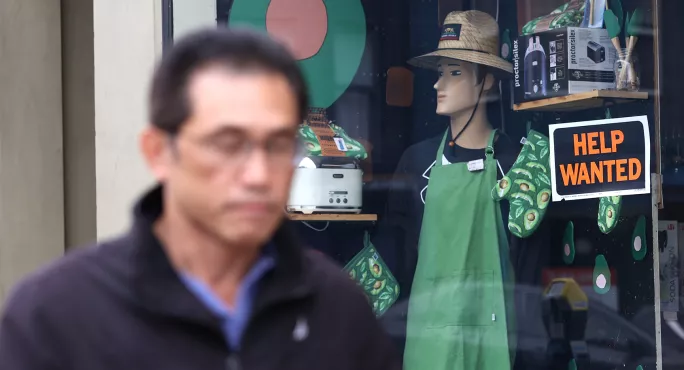GCSEs 2022: Schools ‘desperate’ over exam invigilator shortage

Schools are becoming “increasingly desperate” over Covid-related exam invigilator shortages, and are training staff to step in and oversee next month’s assessments, an exam officers body has warned.
The National Association of Exam Officers (NAEO) is set to publish advice tomorrow to help schools struggling to recruit enough trained officers. More staff are needed to oversee the first GCSE and A-level exams to be sat in two years, with a snap poll suggesting that 83 per cent of centres are still experiencing a deficiency.
But Jugjit Chima, chief executive officer of the NAEO, has warned that some schools and colleges are “stuck”, having already implemented contingency plans, such as staggered starts to exams, but still not having enough staff to oversee next month’s exams.
- GCSEs 2022: Crisis fears over invigilator shortage
- Unions: Scrapping Covid testing ‘reckless in the extreme’
- Testing: Heads fear Covid-free students could miss exams
In the recent survey of around 1,025 exams officers/centres, conducted on social media earlier this month, 83 per cent confirmed a shortage of invigilators.
While there has been some improvement since February, when a survey of 7,000 schools and colleges revealed that more than nine in 10 centres (92 per cent) were concerned about having an insufficient number of invigilators for the exam season, there are still concerns over the ”pressing issue”, with the majority of schools facing shortages.
Just 147 (14 per cent) said that they had previously experienced a shortage, but had now recruited enough invigilators. Only 30 (3 per cent) said they had always had enough invigilators.
The NAEO advice will suggest that schools look at splitting exam groups and staggering start times, as well as using trained internal staff to cover parts of an examination session.
However, he says this may be a point of contention with the unions. Guidance aimed at reducing accountability workload, issued by the National Education Union, points out that asking teachers to invigilate public exams goes against their contractual obligations, as set out in the “Burgundy Book”.
Geoff Barton, general secretary of the Association of School and College Leaders, said that the union was not aware of schools asking staff to train as exam invigilators, but he warned members against choosing what “might seem like a simple and obvious solution” as “it is a potential minefield for schools to navigate”.
“Teachers should not perform invigilation duties under the terms and conditions of their employment, and there will also be contractual arrangements to be aware of for any support staff that may be asked to train as invigilators.
He added that potential external invigilators “could get the reassurance they need” about Covid safety if the government reversed “its illogical decision to remove free [Covid] testing for students and staff, at least for the period of the exam season”.
Mr Chima will also explain that those centres still experiencing shortages will need to discuss it with headteachers “as a matter of urgency”, as it is not exam officers’ responsibility “to manage an emergency recruitment situation, as many are currently experiencing”.
In his message, Mr Chima will say that exam officers “should not be expected to approach teaching staff, governors, administrative and support staff, and ascertain their availability to serve as an invigilator”.
He will also warn that some centres may be forced to further stretch budgets by “increasing the hourly rate” being offered for external invigilators to boost take-up.
However, Mr Chima said that heads of centre should be handed the decision around what to do next. “It may be starting with which members of staff internally can be used to support the situation”.
“It could be admin staff, it could be lunchtime supervisors, it could be support staff, so there’s lot’s of other staff that you could go to first.”
Earlier this month, Tes revealed that the government had been warned of concerns about an increased risk of exam malpractice this summer owing to a “dire” shortage of invigilators.
Tes also understands that the shortage could lead to schools paying supply staff who are trained to cover exams.
A JCQ spokesperson said: “JCQ and the exam boards recognise the challenges centres are facing and are closely monitoring the situation on invigilator recruitment and keeping any additional flexibilities under review with Ofqual and the Department for Education.
“Exam centres should continue to do all they can to recruit sufficient examiners. To this end, The Exams Office has recently launched a new Invigilator Recruitment and Vacancy Map tool.”
A Department for Education spokesperson said: “We are aware that some schools and colleges have reported a need to recruit new invigilators for this summer’s exam series.
“We are working closely with the exam boards to monitor the extent of any risk, and with The Exams Office to help with recruitment.”
Register with Tes and you can read two free articles every month plus you'll have access to our range of award-winning newsletters.



